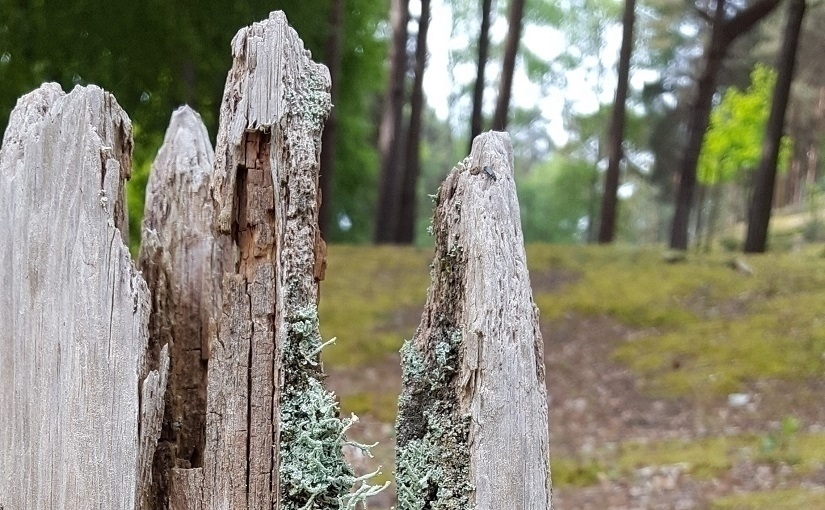Conceivably, we could relate ourselves to any other person in life. We might attempt to do so genetically or historically through delving into a family tree; socially or economically through some sort of comparison of our relative status, power or security; or maybe more personally through exploring common interests or social ties.
It’s one way of looking at what we’re doing ‘all the time’: relating to people, finding meaning, establishing a sense of what we can offer each other, maybe forming partnerships or contracts. All the ways we might forge connections for personal, emotional, social, professional or economic advantage. Life could be viewed as those webs of relationship, overlaying and intersecting in various ways.
Presumably it’s quite a ‘valuable’ way of looking at life, as otherwise industries wouldn’t invest such resources into mapping how it’s all playing out online: how social connections influence choices; who has most power and how they might use it to affect the decisions of others; what all this says about us or human nature more generally.
Life ‘is’ relationship, in a way. It’s where we express ourselves, find recognition and hopefully belonging; shaping the lives we lead and paths we take. In so many ways we’re giving life social meaning through what we engage with, the priorities we act upon, and how we’re rubbing shoulders with one another each day.
Maybe that idea of human relationships has ‘always’ come down to notions of status, power and influence? It’s certainly one way of seeing people: focusing on specific measures of social, personal or economic potential, and evaluating where we stand in relation to that. Viewing others strategically in terms of your own ends or expectations has never sat comfortably with my views on life, but I see it’s a reality in many ways.
Beyond that though, it is of course true that we all stand in relationship to one another. We might tug at the threads in different ways to understand ‘how’ exactly, but in almost any avenue of life we’d likely be able to establish some sense of our relative positions. In terms of politics, consumer choices, cultural preferences, personal priorities, lifestyle, we could map out where any two people stand.
It’s interesting, as clearly people can be ‘evaluated’ in terms of interests and patterns of behaviour. It’s the stuff of data profiling, workplace personality assessments, online dating algorithms, and so on. It’s one way of approaching self-development: to chart how your life looks right now and where you’d ideally like to make changes. We ‘can’ be mapped, to a fairly large extent.
As is probably clear from my writing, it’s not how I choose to look at life (see Notes One); but I acknowledge it might offer a certain level of insight. From my perspective, I see it as more insightful to think in terms of agency: that we might take hold of ourselves in new ways to creatively embody the values that matter most to us within those social, ecological or economic relationships.
Notes and References:
Note 1: What we bring to life
Note 1: Worthless, or priceless?
Note 1: How we feel about society
Note 1: Having boundaries
Note 1: The creativity of living

